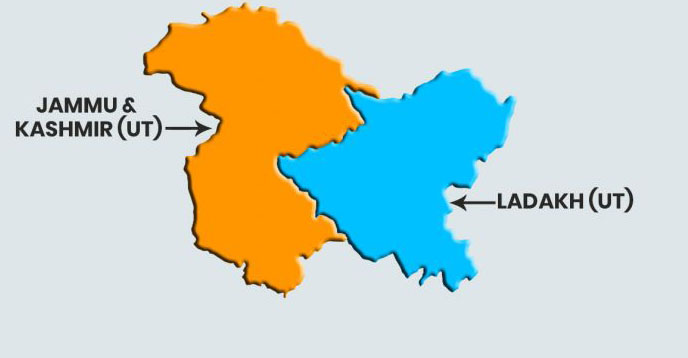The largest fact-finding team which recently visited Kashmir Valley revealed that Kashmiris are reeling under strict restrictions, torture and trauma. The team found that people are unable to access the judicial system, there are widespread and repeated claims of torture and an overwhelming majority is afflicted with psychological trauma.
The team, which visited five districts of the valley between September 28 and October 4, comprised of human rights lawyers Mihir Desai, Lara Jesani, Veena Gowda, Clifton D’Rozario, Aarti Mundkur and Saranga Ugalmugle, psychiatrist Amit Sen, trade unionist Gautam Mody and Bangalore-based activists Nagari Babaiah, Ramdas Rao and Swati Seshadri.
The report disclosed that people were beaten, tortured by electric shocks on genitals and boys and women were subject to sexual abuse. Victims’ screams were said to be recorded and played on loudspeakers. However, the victims or other witnesses were unwilling to reveal their names for fear of reprisal.
The Telegraph quoted Ugalmugle as saying at a news conference, “After a BBC story on torture (of a militant’s brother allegedly by the Rashtriya Rifles, with the victim’s screams played on a loudspeaker) in a village in Shopian, the armed forces came again and tortured him, and said, ‘How dare you speak to the media?’”
According to the report, people in the Valley don’t have access to the courts as the entire judiciary had been rendered non-operational due to the communications blockade and movement restrictions and the lawyers too have taken the decision to boycott the regular court proceedings over the abrogation of (key provisions of) Article 370, communication blockade, systemic clampdown by the State and the arrest of lawyers and prominent members of the Bar Associations.
Many Kashmiris are suffering from mental health problems due to extreme violence by armed forces and night raids, which has created an atmosphere of terror and panic amongst young people and their families.
The report stated that the mental health professionals shared the experiences of paralysing fear, acute anxiety, panic attacks, depressive and dissociative symptoms, post-traumatic symptoms, suicidal tendencies and severe anger outbursts. They noted a marked increase in psychological distress in 70 per cent (as estimated through a recent survey) of the population.
According to a senior psychiatrist, the constant state of paranoia has made people in the community mistrust anyone and everyone. Young people are mostly affected by the situation. Teenagers who were subject to torture and abuse are suffering from ‘acute reaction to stress’ and ‘post-traumatic stress disorder’. Two reportedly resorted to suicides while many young people ran away from home fearing persecution.

